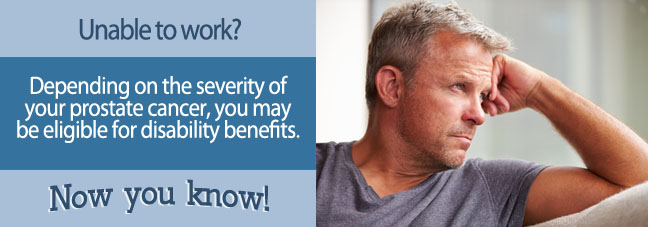Every June since it’s beginning in 1994, people around the world wear blue in support of men’s health. Men’s Health Month was created to inform people about the medical problems that males are at risk of facing in their lifetime, such as testicular cancer and prostate cancer. While some forms of these cancers have a rapid onset, the majority of testicular and prostate issues can be diagnosed and treated much easier if caught early on.
Continue below to learn more about men's health and see how you can help the men and boys in your life to stay healthy and supported.
Prostate and Testicular Cancer
One of the biggest reasons men often go undiagnosed with diseases like prostate and testicular cancer is:
a) the lack of public knowledge about the disorders, and
b) the stigma attached to disorders linked to sexual organs.
However, it is most important to know about a potential bodily threat than to disregard it due to uncomfortableness. To make sure your body is the healthiest it can be, it is important to know what happens when something goes wrong.
Cancer refers to any disease caused by the malfunction of cells. When normal bodily cell division gets out of control, excess cells collect to form clumps (tumors) that can damage the part of the body that cancer exists in. Prostate cancer occurs when this unnatural cell growth begins in the prostate, which produces fluid and contributes to sperm production. Each year, over 230,000 men will be diagnosed with prostate cancer, while around 30,000 of these men will die from the condition. Testicular cancer occurs in the same way, when unnatural cell reproduction occurs in the testicles. Each year, 20,000 men will go on to be diagnosed with this rare but dangerous cancer.
Like with all cancers, treatment for these conditions will depend on the stage and severity of the disease. However, treatment often consists of chemotherapy, radiation, surgery, and/or a mix of different medications. While the journey may be difficult, it is very possible to beat these cancers and enter into remission as many thousands of men do each year.
The Importance of Self-Exams
Thankfully, with regular check-ups and close attention, most men are able to catch prostate and testicular abnormalities before they become severe issues.
Prostate examinations are best conducted by your physician. These exams should be received annually by men aged 50 and over. Men with close relatives who were diagnosed with prostate cancer should begin these screenings at age 40. Black or African-American men should begin prostate screenings at age 45 due to higher risk. While it may seem intimidating, prostate check-ups are fast (under 10 seconds) and could make all the difference in saving your life.
Considering Disability Benefits
Luckily, for prostate and testicular cancers diagnosed in early stages, the recovery and survival time is very high compared to other cancers. However, late stage cancers can prove difficult to curb. Between treatments and cancer-related pain, it can be difficult to continue normal working or home life as usual. If this is the case, then Social Security disability benefits may be able to help. These benefits are available to people with severe disorders that are expected to last either 12 months or result in death.
To see if your condition qualifies, you can consult Social Security’s “Blue Book”, which lists all disorders and the severities required of each. Both prostate cancer and testicular cancer are found under Section 13.00 of the Blue Book, in subsections 13.24 and 13.25 for male sexual organs. For a patient with testicular cancer to qualify, they must have a diagnosis of metastatic cancer that persists following initial chemotherapy treatment. For a patient with prostate cancer, they must demonstrate the same diagnosis, or demonstrate any metastases linked to internal organs or oat-cell carcinoma.
Because it may be difficult to judge your qualification on your own, it is always best to consult with a physician for updated tests and diagnoses before applying. Here, you can also receive medication lists, hospitalization records, therapy notes, and any other evidence that may support your diagnosis on your application.
Additional Resources for Men
The Men’s Health Resource Center is the largest organization in the world dedicated to educating and supporting people who are affected by men’s health issues. Local organizations in your community may also provide support or advice should you need an ear during your process. Should you choose to apply for disability benefits, it may also be beneficial to schedule a free consultation with a disability attorney. Their knowledge of the disability process can help simplify the application process and give you the best chance at receiving the benefits you deserve.
